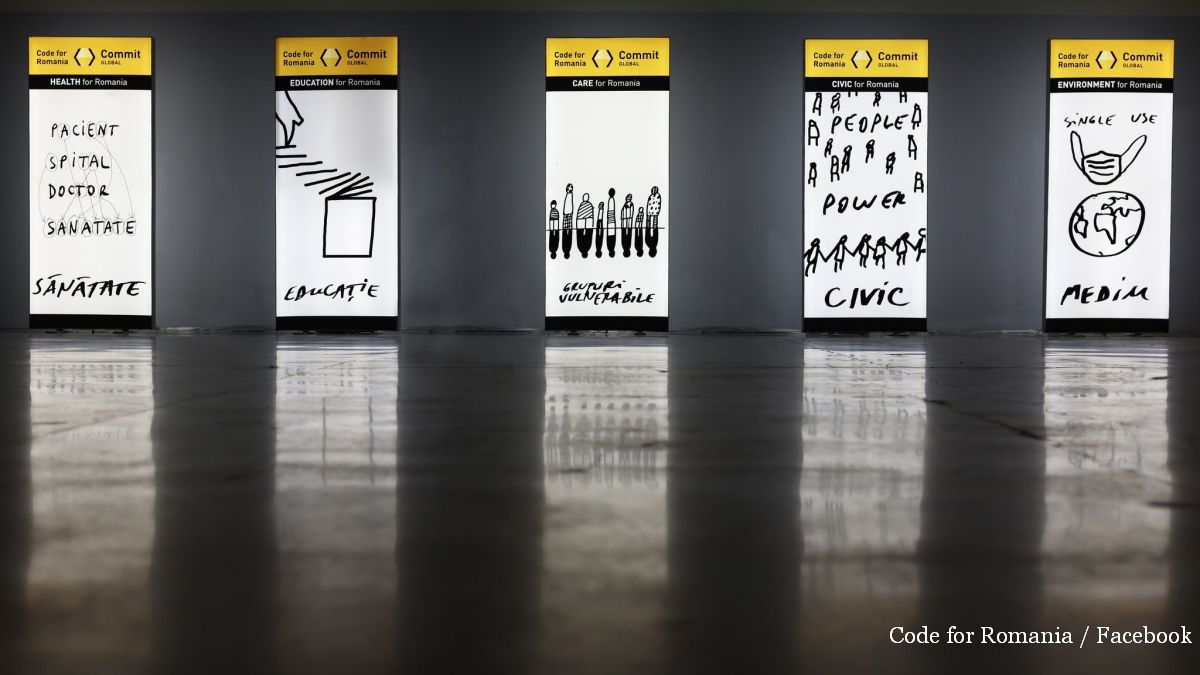Is the European Union in need of reform?
Seen as an opportunity to relaunch the European project after Brexit, the summit in Bratislava has revealed a series of topics European institutions and member states need to concentrate on in the coming period.

Corina Cristea, 23.09.2016, 14:01
Seen as an opportunity to relaunch
the European project after Brexit, the summit in Bratislava has revealed a
series of topics European institutions and member states need to concentrate on
in the coming period. These are mainly linked to internal and external
security, from measures to combat terrorism to border security and the
relationships with the North African countries.
No sooner did the summit end that
critical voices started to be heard, both those of some European leaders and
political commentators. The harshest reaction came from the Italian prime
minister Matteo Renzi, who said the summit in Bratislava was a failed
opportunity to take some concrete measures, in particular with regard to
migration. In an interview to the daily Corriere della Sera, Renzi said the
summit’s final declaration does not contain a single line about the European
Union’s commitments to help the countries in Africa, about combating migration
or about a social Europe.
In Berlin, German chancellor Angela
Merkel later admitted to the differences that still persist in Europe over the
issue of refugees, as well as the failure of her idea to impose refugee quotas
on the other EU member states. Accepting that mistakes were made in how the
situation was managed, the German leader defended, however, her decision to
open the borders to migrants, saying it was a humanitarian matter, as many of
them were coming from Syria.
In his State of the Union address,
European Commission president Jean-Claude Juncker said that since 2004,
there have been more than 30 terrorist attacks in Europe, 14 in the last year
alone. He added that faced with these
threats to the European way of life, the European Commission has prioritised
security from day one. Jean-Claude Juncker:
By November, we will propose a new European Travel Information System to determine who will be allowed to
travel to Europe. With regard to the security of our borders, we must
prioritise information and intelligence exchange. For this, we will reinforce Europol because we will have better access to
a larger amount of data and will provide it with more resources to carry out
its tasks. This must in agreement with our ambitions, and Europe must
also protect itself beyond its borders. The world is getting bigger and Europe
is getting smaller, both demographically and economically. If we wish to
maintain our influence on an international level, it is clear that we must work
together as only together will we be able to tackle the difficulties we
face.
Jean-Claude Juncker again spoke about the new
European border guard and requested extra border guards to be deployed at the
Bulgarian external borders. He also stood for the creation of a European
defence fund and a European Union army. In his State of the Union address,
Juncker tackled unemployment as well. He recalled that the unemployment rate in
Europe is still too high, despite the creation of 8 million new jobs since
2013. Social inequality persists, so we should do more to ensure social rights,
one of Europe’s main pillars, said Jean-Claude Juncker. The European Commission
also proposes a reform of the EU telecommunications markets to deploy 5G across
the Union by 2025 and double the European investment fund. Moreover, Europe
needs to be better explained, because, in the words of Jean-Claude Juncker:
Our children deserve better. They deserve
a Europe that preserves and defends their way of life. It is time we – the
institutions, the governments, the citizens – all took responsibility for
building that Europe together. I know there are certain debates about the
future of Europe, there are optimists and pessimists who are against
everything. I believe, however, that Europe has a mission at home and in the
world. Between the pessimists, who only see the mistakes, and the optimists,
who only paint a rosy picture, there are those who do not give up and keep
working to build something for the future generations. I am calling for a
solution to our differences. History will not remember our names, but the
strength of our solutions and convictions. History will remember our mistakes
and hold us to account for what we do in this generation.
The European
leaders do not know how to bring the Union closer to citizens, warns
commentator Jan Kovac from the Institute of International Relations in Prague.
In his opinion, the Union’s only option is to adopt policies in areas that
affect as many people as possible.





























